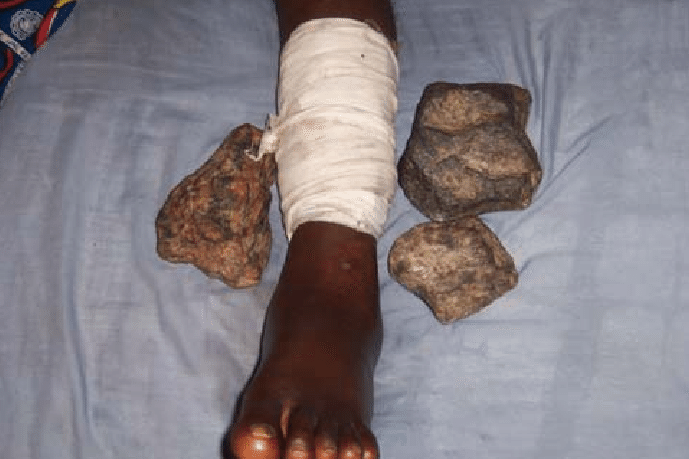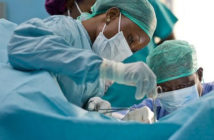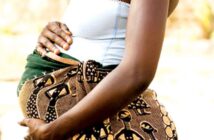Dr Mohammed Salihu, an Orthopaedic and Trauma surgeon has attributed spate of orthopaedic complications to activities of traditional bone setters in the country.
Salihu, who is the Medical Director, National Orthopaedic Hospital (NOH), Dala-Kano, stated this in an interview with the News Agency of Nigeria (NAN) on Sunday in Abuja.
The surgeon explained that as at December 2019, more than half of the work load in orthopaedic were complications from traditional bone setters.
“Every seven in 10 patients we see, they have gone to traditional bone setters, therefore, they are back due to complications, it is a major problem.
“It is only three of the 10 patients that have fresh injuries coming directly to us. In fact, we use to calling the traditional bone setters, “first line of action”.
“There are areas where traditional bone setters are able to get somethings rightly and there are areas where their practice have become dangerous.
“When you have simple fracture in an adult, it is possible for the fracture to heal, whether you treat it fracture or not, the fracture will naturally heal, in this regards they get some results.
“The worst scenario is in children. I personally have had to cry in our emergency when I see complications of fractures from traditional bone setters in children,’’ he said.
He noted that traditional bone setters had history and doing well in an era when there were no orthodox surgeons.
“What we had were the same traditional people and at that time they were using whatever was available in the world then to treat fractures and bone diseases.
“The world has moved forward to the extent that today, we will be able to look at the fracture and more precisely where is fractured.
“We will be able to know how long the fracture has been there, and give the modern gadgets to treat the fractures so generally the world has moved, so we also need to move,’’ the surgeon said.
According to him, traditional bone setters have largely remained where they were several decades ago, adding: “They are still treating patients the way they were treating 50 or 70-years ago and that is where the problem lies.
“The other thing I would like to tell Nigerians about bone is that bone they said is hard but the behaviour of bone is the same way banana tree behaves.
“The bone is a very interesting part of the body, bones were just like banana tree that has the capacity to produce new ones naturally.
“If you plant one banana tree in your house, give that banana sometimes, it will come up, bring out the fruit, give you banana and once you remove the banana, that particular banana tree begins to dry up.
“But as its drying up, naturally a new offspring comes up from the side. And one banana tree can fill up a whole place overnight because it is going to continue like that and it is the same with the bone.
“So whether you treat that fracture or not, the nature has it that it will bring one new bone.
“This is the reason why everybody works around the bone and thinks they are the ones that has done the work’’.




